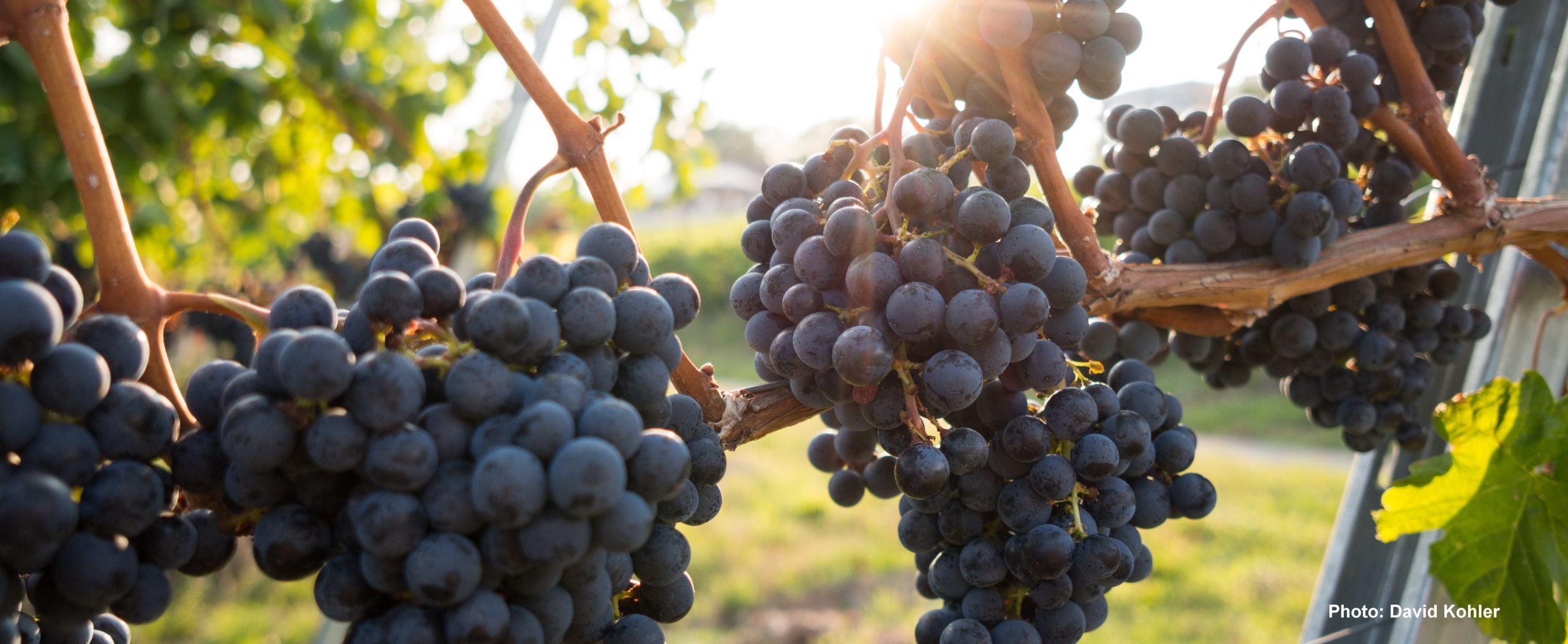New article published: Daniele Vergamini et al. | Wine after the pandemic? All the doubts in a glass
PAGE group members Daniele Vergamini, Fabio Bartolini and Prof Gianluca Brunori have just published a new article “Wine after the pandemic? All the doubts in a glass.” It has been published as part of the Special section “Covid-19 Open Stream Contribution” in the Bio-based and Applied Economics (BAE) journal.
This article is closely related to the topic of our blog series “How the COVID-19 crisis could lead to more resilient food systems” with the five contributions from the PAGE group members so far.
Abstract
COVID-19 has triggered an unprecedented global crisis, the increasing recessions in many countries and related trade uncertainties are affecting the whole wine sector, from production to distribution, sales, and consumption. While the full recovery is still uncertain, and even worse scenarios are possible if it takes longer to bring back trust and financial stability on wine markets, the crisis risks jeopardising recent developments and sustainability in wine territories. Developing from a mixed-method participatory research process that integrates recent economic prospective with diverse experience data, we offer a critical reflection made by researchers and stakeholders supporting several socio-economic narratives and policy implications in the light of the current crisis. Distinguishing between short and long-term implications, we offer a reflection on the policy needs to alleviate the ongoing suffering of the sector. The speed and scope of the pandemic crisis underscore the need for the wine sector to become more resilient by increasing the ability to cooperate and coordinate among supply chain actors and between policy levels. The latter offers a reflection on the balance between short-term interventions and the complementarity of post-2020 CAP measures to stabilize the market and future incomes. We conclude that once the crisis abates, it will be necessary to reaffirm credible commitment and trust at all levels, not only with regard to vineyards and cellars but also related to distribution, especially in the face of a changing demand that in the future will become more pressing for the issues related to safety and sustainability.
The full article can be accessed here


